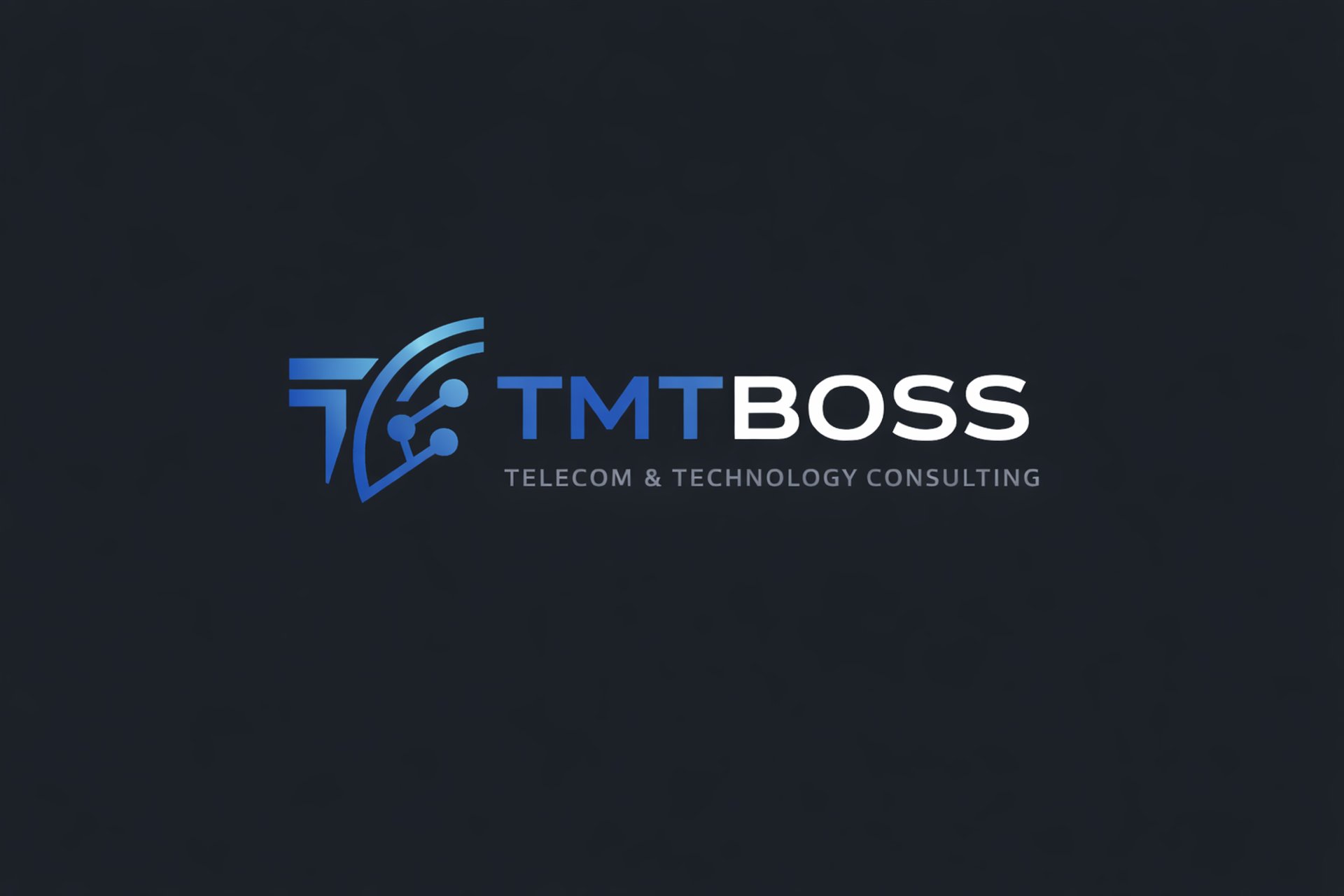The Shortcomings of Telecom BSS Platforms in Supporting B2B Services
Telecom Business Support Systems (BSS) have long been built around residential broadband services, but when it comes to Business-to-Business (B2B) offerings like commercial Ethernet and wholesale fiber, these platforms fall short. Critical gaps in billing, service delivery, and circuit management force providers into inefficient workarounds, leading to delays, revenue leakage, and poor customer experience. It’s time for BSS vendors to step up and deliver solutions that truly support the complexities of B2B telecom services.
2/28/20253 min read


Telecom Business Support Systems (BSS) have long been designed with a heavy focus on Business-to-Consumer (B2C) operations. While this has served residential service providers well, the industry’s shift toward Business-to-Business (B2B) services, particularly commercial Ethernet, Dedicated Internet Access (DIA), and wholesale fiber connectivity, has exposed critical gaps in BSS platforms. These limitations impact everything from quoting and service delivery to billing and customer experience.
B2B telecom services require a fundamentally different approach from residential broadband. Unlike B2C, where a customer is provisioned on an existing network with a simple CPE installation, B2B services often involve custom-built solutions, circuit inventory tracking, complex billing structures, and extensive service delivery processes. However, today’s telecom BSS platforms lack key functionalities to support these unique B2B requirements.
1. Missing Circuit Information on Invoices
One of the most glaring gaps in telecom BSS platforms is the lack of circuit-specific information on customer invoices. Unlike consumer broadband, where an account number and service tier may suffice, B2B customers require detailed circuit identifiers, location-specific details (A-location, Z-location), VLAN tagging, and custom SLAs to be reflected on their invoices.
Most of this information should be stored in the CRM’s service agreement and service order when a service is sold. However, most BSS billing platforms fail to retrieve and integrate these details. As a result, service providers resort to manual workarounds, leading to errors, delays, and poor customer experience. The inability to automate this process not only slows down billing accuracy but also increases the risk of disputes and revenue leakage.
2. No Support for Non-Recurring Costs
B2B services often come with a mix of recurring and non-recurring charges (NRCs), yet most BSS platforms are primarily built around subscription-based, recurring charges. This is a significant oversight because B2B service delivery frequently incurs:
One-time installation fees
Special construction charges for fiber extensions
Permit costs
Custom engineering work
Without proper NRC support, service providers are forced to manually add charges outside of the system, leading to inconsistent invoicing, revenue leakage, and additional operational burden. Moreover, this manual intervention increases the risk of human errors and miscalculations, creating unnecessary back-and-forth between finance teams and customers.
3. Lack of Integration with B2B Service Delivery Workflows
Unlike B2C, where activating a service is typically as simple as provisioning a router, B2B service delivery is highly complex. Commercial Ethernet and fiber-based B2B services often require:
Outside Plant (OSP) construction
Fiber builds, splicing, and testing
Coordination with third-party contractors and permitting agencies
Custom SLAs with specific installation timelines
Yet, BSS platforms lack native support for these workflows, leaving service providers to rely on disconnected project management tools or homegrown solutions. The result? Siloed data, inefficiencies, and limited automation, increasing time-to-revenue and operational costs. The inability to track network build status, permit approvals, and field operations within the BSS ecosystem creates bottlenecks that directly impact the customer experience.
4. Opportunity for BSS Vendors to Do Better
As a consultant, I’ve been successful in working with vendors to modify their systems and workflows to handle B2B customers sufficiently, but wouldn’t it be nice if they included this support out of the box? The limitations of existing BSS platforms present an opportunity for vendors to modernize their solutions and align with the needs of B2B service providers. Key improvements should include:
Tighter integration with CRM service agreements and service orders to automatically pull circuit details for accurate invoicing.
Expanded support for non-recurring charges, ensuring NRCs are captured, tracked, and billed within the system.
Service delivery workflows that reflect real-world B2B deployments, including OSP construction tracking, permitting, and circuit turn-up.
Better API connectivity with GIS, inventory management, and field operations platforms to enable a seamless lead-to-cash experience.
While some BSS vendors claim to support B2B telecom operations, many still fall short of providing a truly integrated, automated, and scalable solution. Service providers are left to patch together multiple systems to bridge these gaps, adding complexity to an already intricate service delivery model.
BSS vendors that recognize and address these challenges will be well-positioned to support the telecom industry’s growing B2B market, driving both provider efficiency and customer satisfaction. The time for telecom BSS evolution is now.

© 2025. All rights reserved.